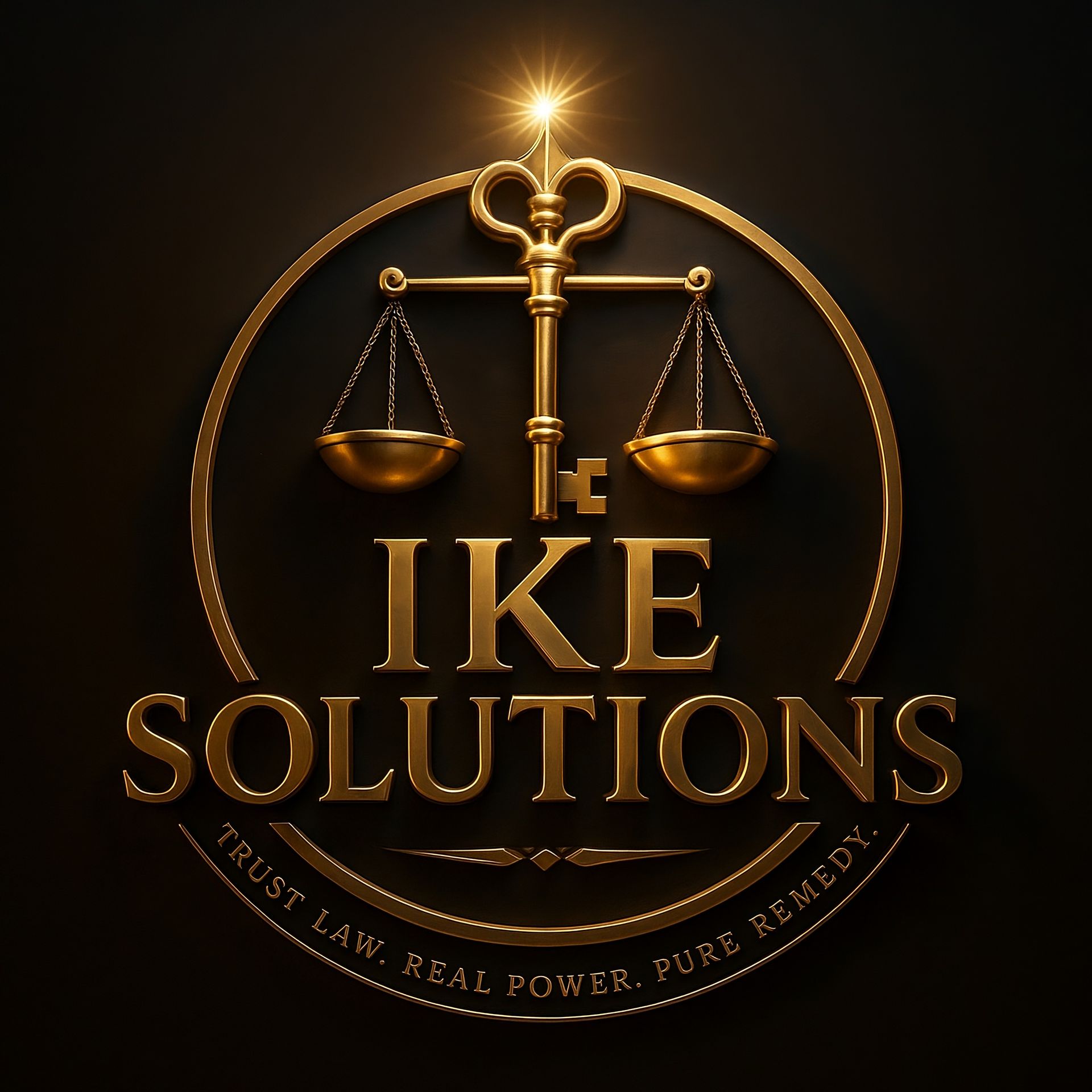Trust and Asset Protection: Safeguarding Your Future
Understanding Trusts and Asset Protection
When planning for the future, safeguarding your assets is crucial. Trusts and asset protection strategies play a pivotal role in ensuring that your wealth is preserved for you and your beneficiaries. By understanding the nuances of these financial tools, you can make informed decisions that align with your goals.
Trusts are legal arrangements where one party, known as the trustee, holds property on behalf of another party, the beneficiary. This setup can provide numerous advantages, including tax benefits and privacy. More importantly, trusts can offer a level of protection against creditors and legal claims.

The Role of Trusts in Asset Protection
Trusts serve as a versatile tool in asset protection. They can shield your assets from potential threats, such as divorce settlements or business liabilities. When assets are transferred into a trust, they are generally considered separate from personal ownership, potentially safeguarding them from personal creditors.
There are various types of trusts to consider, each offering different levels of protection and benefits. Some of the most common include:
- Revocable Living Trusts: These allow the grantor to retain control over the assets during their lifetime but may offer limited protection from creditors.
- Irrevocable Trusts: Once assets are transferred, the grantor relinquishes control, providing a stronger shield against creditors.
- Asset Protection Trusts: Specifically designed to protect wealth from creditors while still allowing some benefits to the trust creator.
Benefits of Asset Protection Strategies
Implementing robust asset protection strategies can provide peace of mind and security for you and your family. These strategies not only safeguard your wealth but also ensure that your assets are distributed according to your wishes after your lifetime.
Some benefits of asset protection include:
- Minimizing Tax Liabilities: Proper planning can reduce estate and inheritance taxes.
- Avoiding Probate: Assets in a trust typically bypass the lengthy probate process, allowing for quicker distribution to beneficiaries.
- Ensuring Privacy: Trusts are not public records, offering a layer of confidentiality regarding your estate.

Choosing the Right Type of Trust
Selecting the appropriate trust depends on your specific needs and objectives. It's essential to evaluate your financial situation thoroughly and consult with a financial advisor or estate planning attorney to tailor a plan that suits your circumstances.
Considerations when choosing a trust include the level of control you wish to retain, the type of assets you hold, and potential future risks. An experienced professional can guide you in navigating these complexities to ensure optimal asset protection.
The Importance of Professional Guidance
Navigating the world of trusts and asset protection can be complex. Engaging with professionals who understand the intricacies of estate planning is vital. They can help you create a comprehensive plan that aligns with legal requirements and personal objectives.

Ultimately, investing time in understanding trusts and asset protection strategies is a step toward securing your financial future. By taking proactive measures today, you can protect your legacy and provide for your loved ones tomorrow.
